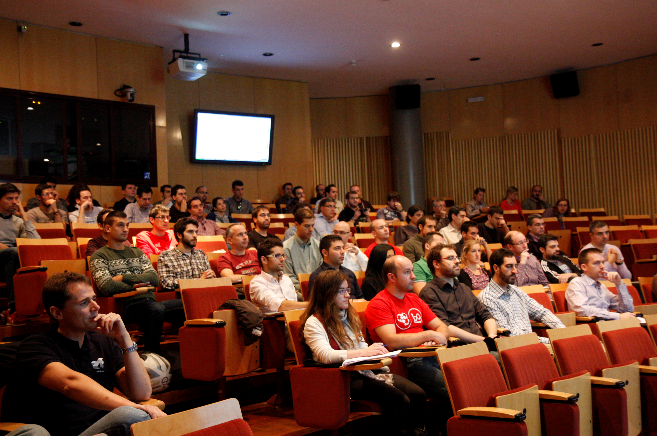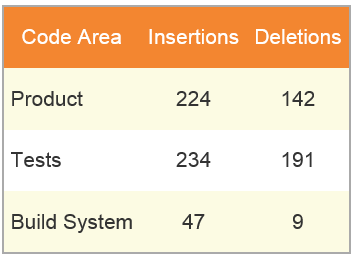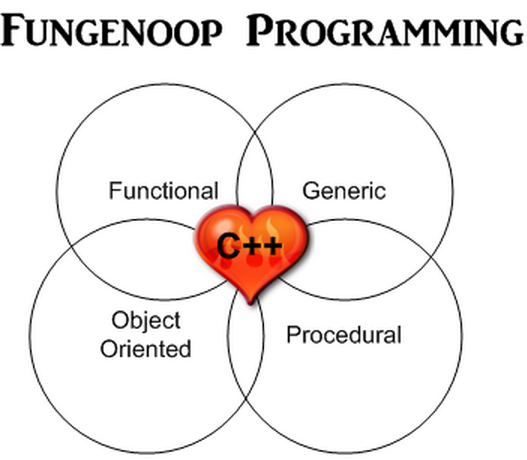Effective Modern C++ available today -- Scott Meyers
 Available today on O'Reilly and Amazon, in print in early December:
Available today on O'Reilly and Amazon, in print in early December:
EMC++ Exits Publishing Purgatory!
by Scott Meyers
From the announcement:
I just received the following from O'Reilly: "Congratulations! Your book went to print on Friday, and we've now completed production. The Retail Availability Date for ebooks on oreilly.com and Amazon is tomorrow, 11/11. For print books, it's estimated at 12/2."

 This just in from our Spanish correspondent:
This just in from our Spanish correspondent: Fresh on the F5 dev blog:
Fresh on the F5 dev blog: In case you missed it, here's a nice little Friday nugget:
In case you missed it, here's a nice little Friday nugget: Fresh from Facebook's coding blog:
Fresh from Facebook's coding blog: